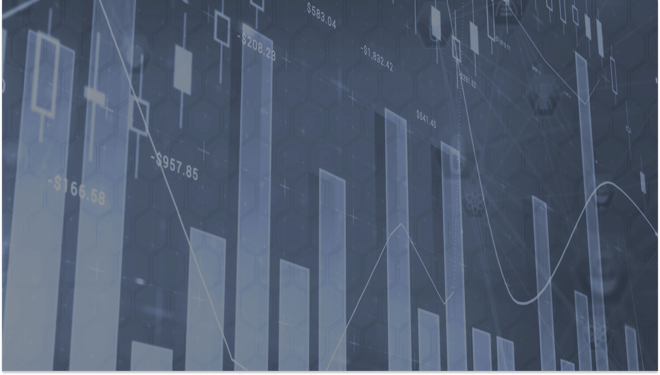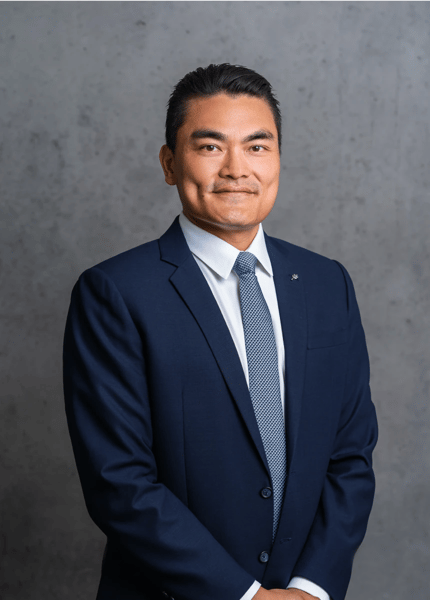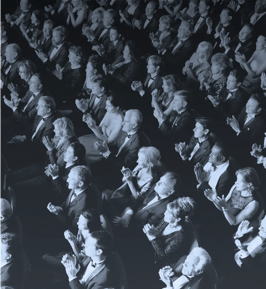
Hedge Funds – An exceptional year!
2024 will be remembered as a remarkable year for alternative funds. Diversified portfolios have delivered a performance close to 10%, positioning them to achieve their best results in the past decade. While the positive momentum in the markets undoubtedly contributed to these outcomes, hedge funds’ ability to limit losses during downturns, particularly in April and October, underscores their crucial role in a diversified allocation.
At the start of the year, large multi-strategy funds captured the majority of investor interest. However, it was the more specialized funds, with a focus on growth or momentum factors, that rose to the top of the rankings. Moreover, opportunities to generate alpha without direct market exposure multiplied, particularly in Asia, China, and emerging market debt. Only arbitrage strategies remained relatively subdued this year, hampered by generally very low volatility.
In summary, hedge funds demonstrated their ability in 2024 to combine performance with protection, playing an essential role in diversified portfolios. This positive momentum, bolstered by innovative strategies, is expected to continue into 2025, presenting an excellent opportunity to strengthen positions while maintaining effective risk management.
Trade war 2.0: which countries are in the crosshairs?
In five weeks, the second Trump administration will officially take office in the White House. True to his controversial style, the president-elect, who once declared the word “tariff” as “the most beautiful in the dictionary”, is reigniting investor fears about the likelihood, timing, and scope of a new wave of US trade tariffs.
Unsurprisingly, China remains the primary target, but no country, particularly those with trade surpluses with the United States, seems immune. Trump’s recent threats to impose 25% tariffs on Mexico, which has a $240 billion trade surplus with the US, and Canada ($150 billion), underscore his fixation on bilateral imbalances.
As in his first term, Trump may again adopt a negotiation strategy that relies on aggressive tariff threats followed by compromises packaged as deals. However, these tariff ambitions may face constraints. The presidential election results reflect voter frustration with inflation and rising living costs. Additional tariffs would inevitably lead to higher prices for American consumers, even as Trump continues to dispute this economic reality.
China remains at the center of these concerns, with threats of tariffs reaching as high as 60%. While China’s share of US imports has dropped from over 20% in 2017 to 13.5% by Q3 2024, the US trade deficit with Beijing remains the largest in the world, amounting to $350 billion. Other Asian economies, such as Vietnam, Japan, South Korea, and Taiwan, could also face tariff pressure.
In response to these threats, Asian countries have several options: retaliatory trade measures, increased purchases of US goods, or tariff concessions. China, in particular, appears to be maintaining strategic flexibility, opting to “keep its powder dry” by holding off on announcing new stimulus measures initiated at the end of September.
The reality is that Trump’s unpredictability and irrationality complicate any assessment of the impact of this new trade war. Until January 20, when he officially takes office, uncertainty will prevail, sustained by a range of scenarios that will keep both investors and policymakers on edge.
This week’s figure
0.5%
The SNB has once again caught the markets off guard by cutting its key interest rates by 50 basis points, while most observers had anticipated a more modest reduction of 0.25%. This monetary easing comes against a backdrop of exceptionally low inflation in Switzerland and signals a clear intent to stimulate economic growth in 2025.
Author
-
 Ed Yau is an Asian market specialist with 20 years of experience in managing equity portfolios. He previously worked as Head of Research in several Hedge Funds in Switzerland and Singapore. An HES engineer by training, he also holds a degree from the University of Geneva and an MBA from the University of Chicago. He joined the Bank in 2018 and became a member of the investment committee, in charge of managing several thematic certificates and equity funds, as well as setting up ESG investments.
Ed Yau is an Asian market specialist with 20 years of experience in managing equity portfolios. He previously worked as Head of Research in several Hedge Funds in Switzerland and Singapore. An HES engineer by training, he also holds a degree from the University of Geneva and an MBA from the University of Chicago. He joined the Bank in 2018 and became a member of the investment committee, in charge of managing several thematic certificates and equity funds, as well as setting up ESG investments.







